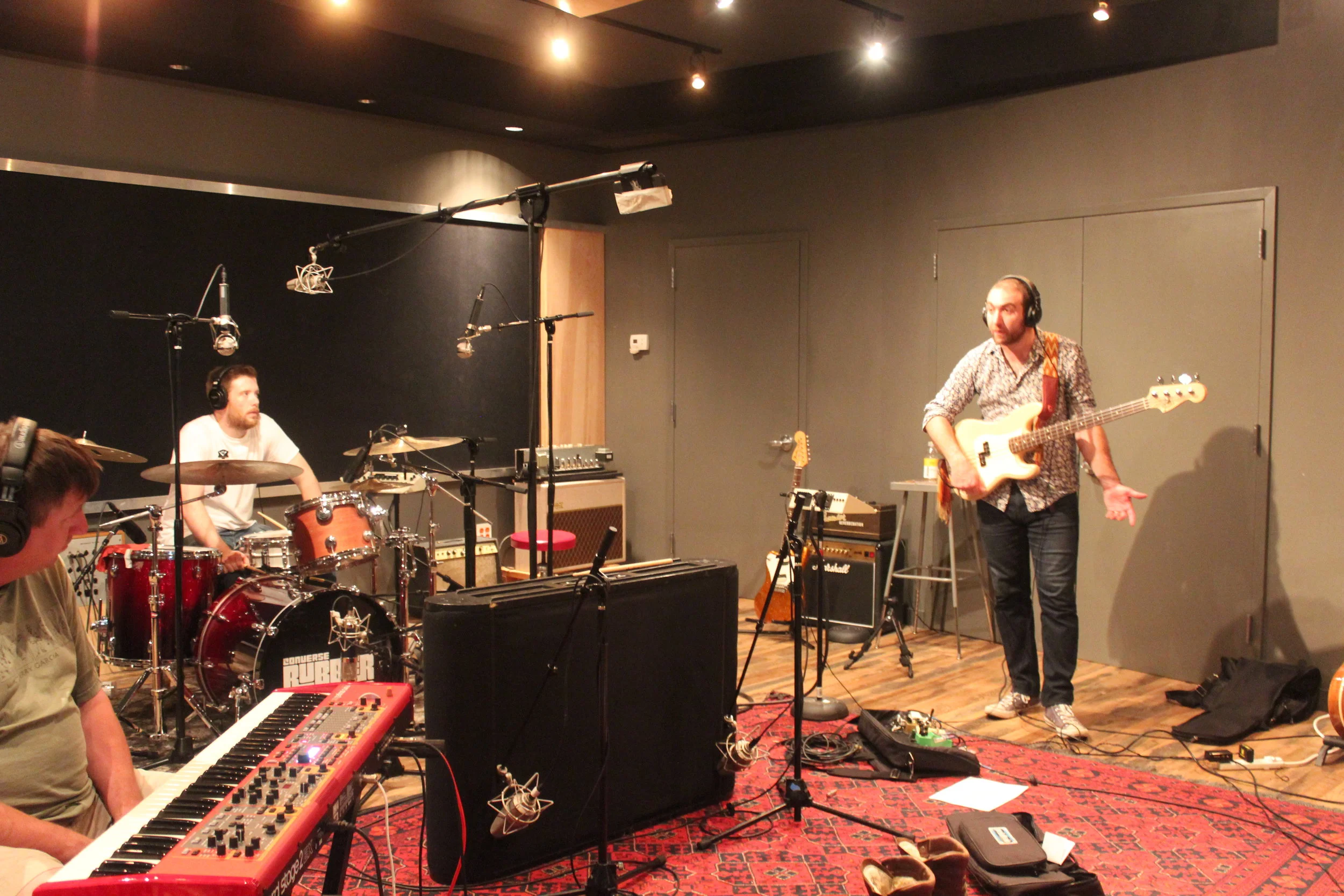"I just played the worst show, it was awesome."
"I just played the best show, it was terrible."
I performed at a club in Manhattan recently, and I don't remember particularly why I felt this way, but I was not happy with the show. Maybe it was the stage sound, maybe it was the backline amp not having reverb (completely dry? In a rock club?), but I wasn't happy with it.
In going through videos of past performances on YouTube to choose new videos to feature on my website, I listened to a few of the songs. To my surprise, they sounded great. I even shared one on some social media sites, to help muster up some traffic.
This was not the first time something like this has happened, nor am I the first to experience it.
I've had the opposite happen as well: remembering a particular show feeling great in the moment, but when I went back and listened weeks or months later, not being impressed.
I remember reading somewhere how Jerry Garcia was so unhappy with a Grateful Dead performance, he pushed Phil Lesh down the stairs as they were leaving the stage. The recording of that show later became one of their official live albums.
So why? Why does this happen? Our perception of music occurs in the moment, and outside factors can affect the way we perceive the music we often love so much.
It's not limited to improvisational music, or even musicians. Have you ever been dying to hear the new album of a favorite band, only to find your reaction to be 'meh'? Then, months later, after it collects dust, maybe you've gone through something tough in life; you give the album another listen and it surpasses your previous favorites?
Bill Evans, in a documentary/interview called 'The Universal Mind of Bill Evans', offers advice to the improvising musician. He calls it 'maintaining professionalism'. Meaning, you're not going to be 'feeling it' every time you pick up your instrument and play. Every musician of every genre, even the greats, experience this. We're all human. One of the members of Double Trouble, either Chris Layton or Tommy Shannon, said even Stevie Ray Vaughan had nights where they could hear how he was going through the motions (Stevie being Stevie, it's unlikely most listeners would perceive this). But when he was feeling 'on', there was no holding him back.
But, back to what Bill Evans was getting at, was that you have to trust your training. You may have had a bad day, you may be worried about the club owner shorting you on your pay, but you have to power through these moments and be patient for the great ones. At the risk of sounding cliched, you have to take the good with the bad. Would we truly appreciate the great moments if it weren't for the tough ones? Yin and yang, yadda yadda yadda.
Chick Corea has a famous list of suggestions for playing in a group setting, as does Derek Trucks. These two very different players of different genres and instruments have very similar things to say. It boils down to being melodic and musical. Don't just wiggle your fingers to make noise. Make statements, invoke emotions. Contrast dense and sparse, create space, fill the space. A very good friend of mine always says 'don't drive the bus, ride the bus'.
And what this is all boiling down to is the meaning behind playing music in the first place: to exist in the moment. We will all have our good nights and bad nights. We will all feel like we can't play a right note, or that we can't play a wrong note. I'm not a psychologist, and I can't offer a reason as to why we perceive the same performance as good or bad at different times. Whether it's our own or someone else's. The key is to rise above whatever voices in the back of your head are saying 'this is great' or 'this is shit'.
Focus on listening to your fellow musicians and creating good music.
Rely on your training. Play melodies, make statements, let your improvised sections have a distinct beginning, middle, and end; the same way a song or a good story would.
To rise above the external influences of what could be affecting the music is probably one of the hardest, but also one of the most important parts of being a musician.
Adam Douglass has been playing guitar for 25 years and teaching for a good 20. He currently resides in Brooklyn, New York where he is an instructor; and plays with his band doing his original music, jazz standards, or whatever other gigs might come his way. His guitar of choice is the Fender Stratocaster, though if money were no object he'd have 3 or 4 of everything. He prefers tube screamer-like overdrives and clean boosts, with touch of analog delay. Hit him up at adamdouglassmusic@gmail.com, as he is always happy to discuss interesting topics.







Get noodly, but don't get soupy.